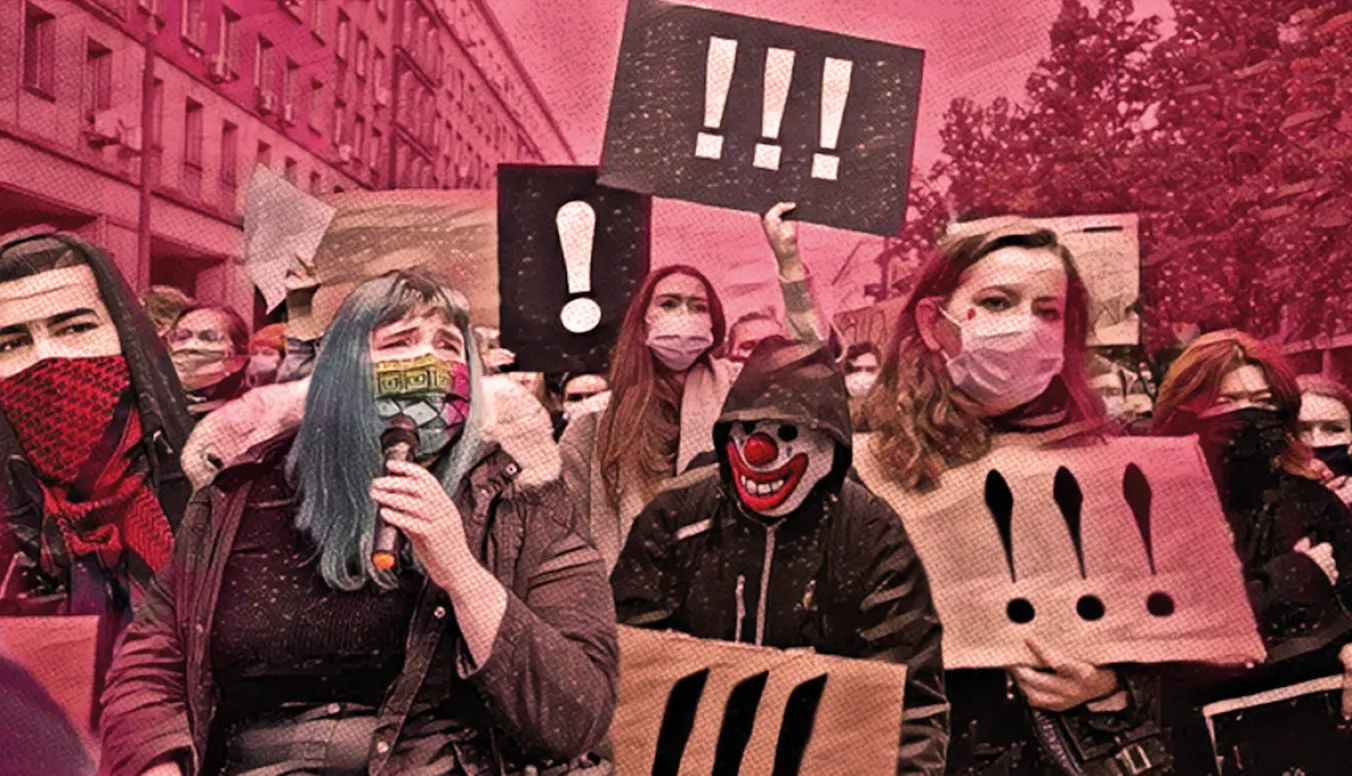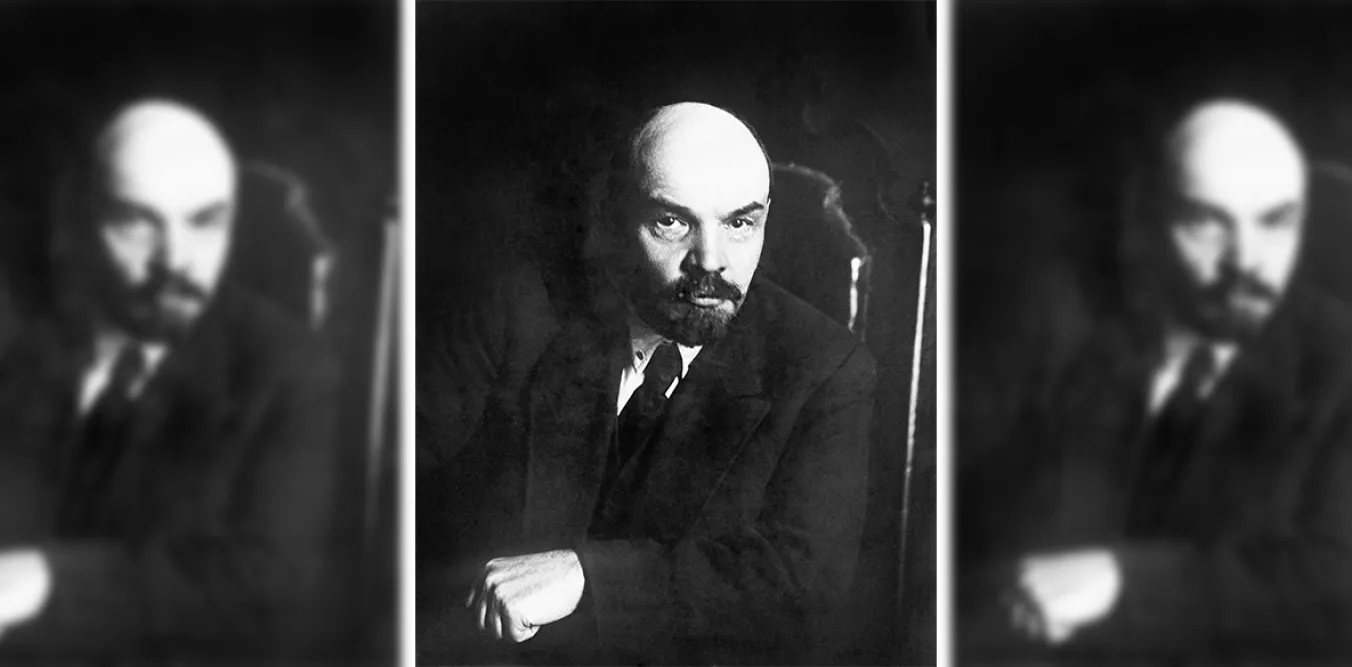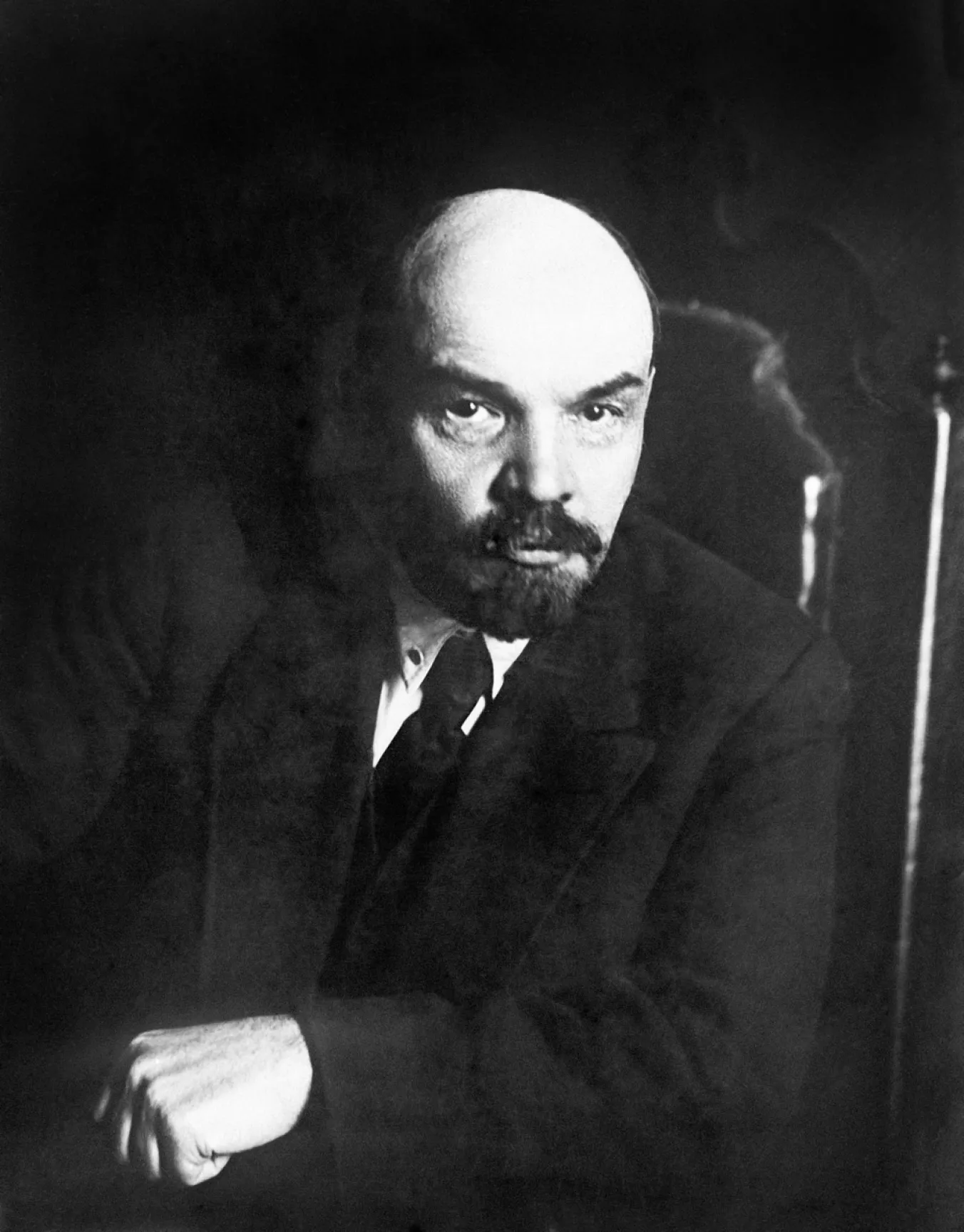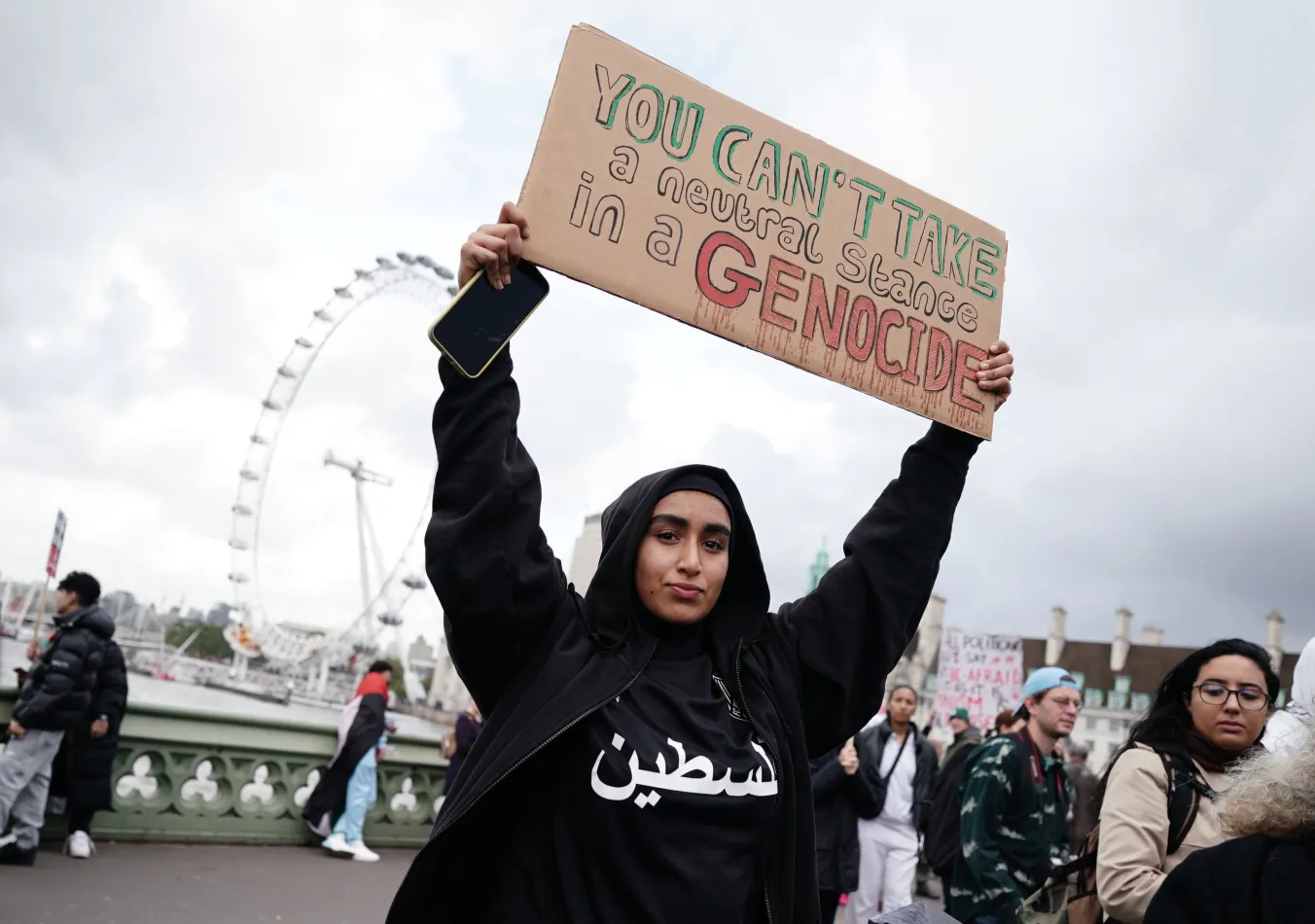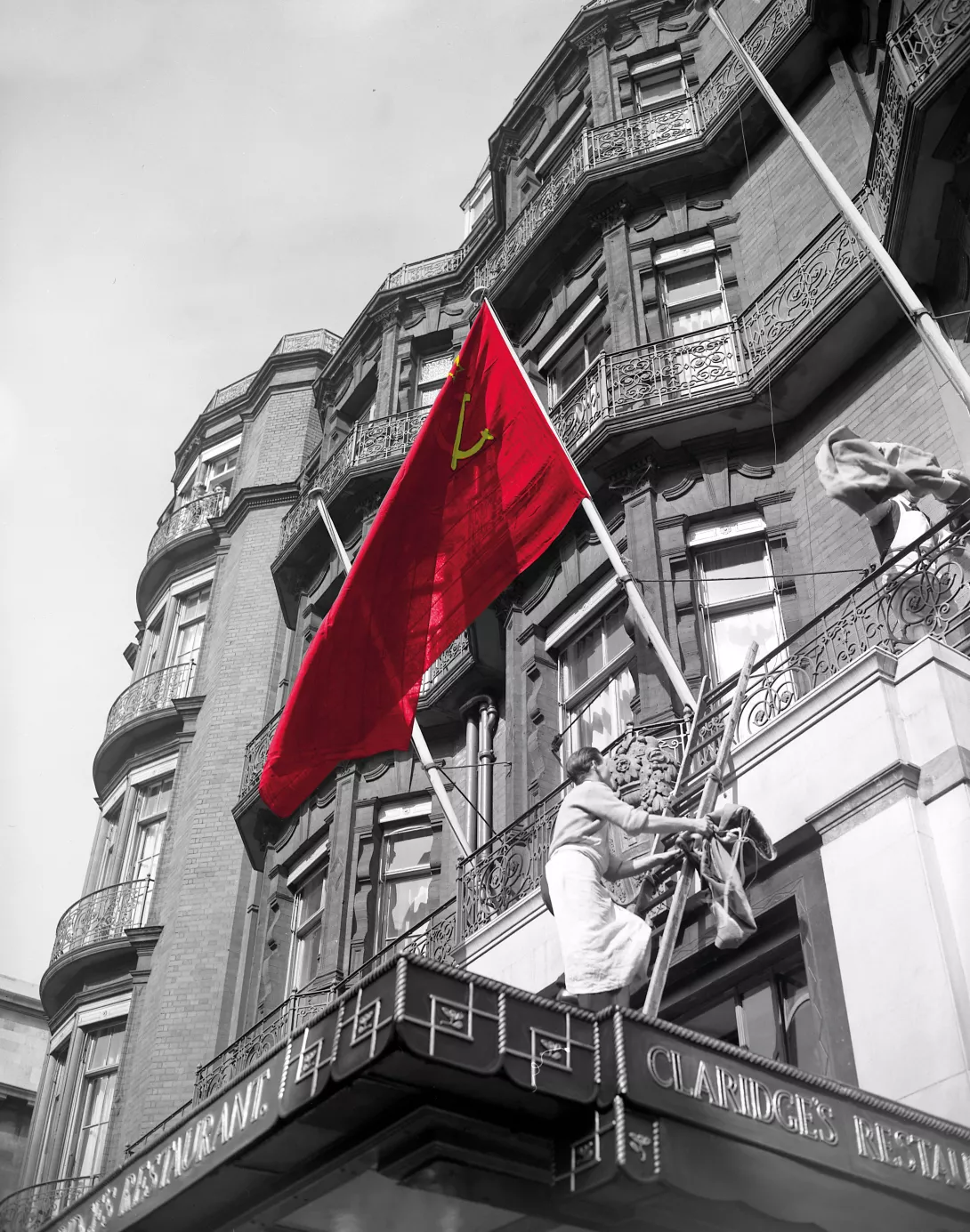
PROFESSOR Richard Wolff is a prominent, influential intellectual, with a big following on the left. He is an erudite, clear and passionate speaker and writer. He is well-regarded for his exposition of Marx’s ideas — a “go to” when the media tolerates a conversation critical of capitalism, one even advocating “socialism.”
For all of that, he does not represent Marx’s thought well, nor does he offer a viable, serious alternative to capitalism.
It is not a question of Wolff’s scholarship or his commitment to justice. It is, instead, a deep-seated, unwavering hostility to the real existing socialism of the 20th century and the century’s leading Marxist exponents, the communists.
Of course, Wolff is not alone in this prejudice — and it is a prejudice and not a reasoned conclusion. Since the intense US red scare of the 1950s, since the demonisation of everything even vaguely linked to Soviet power or communist and workers’ parties, this prejudice has contaminated social, cultural and political life in the United States. Every radical upsurge was forced to or willingly submitted to ABC: Anything But Communism.
In its place, US leftists embraced a kind of radical democracy: the view that bringing the furniture of formal democracy — “one person, one vote, full participation, and majority rule,” quoting Wolff — into every institution, every practice, every activity — would in due time sweep away the exploitation, the inequalities, the indignities of capitalism. Radical, comprehensive democratic practices would be necessary and substantially sufficient to trigger the march to socialism.
There is evidence that Marx and Engels once also believed that universal suffrage alone (as advocated by the Chartist movement in England) would be an adequate measure on the road to overcoming capitalism. Their practical experience in the 1848 revolutions and the lessons of the Paris Commune dispelled that illusion.
They concluded that a revolutionary defeat of the existing order and the replacement of that order with a democracy in the service of the working class would be necessary for moving beyond capitalism. The furniture of formal democracy was sometimes useful, but often an unreliable element in that endeavour. Marx and Engels did not presume that bourgeois democracy would advance those interests or protect them.
But with anti-communism established as the national religion of the US, generations of US leftists, from the ’60s Students for a Democratic Society to Occupy and the Democratic Socialists of America, were hostile to Soviet socialism and repelled by communist ideology. As a result, a “rethought” Marxism became the nourishment for young activists and the sustenance of veteran cold war radicals. The expansion of certain democratic practices served and serves as the lodestar of these movements.
Professor Wolff rose to prominence in this milieu and it is reflected in his thought.
A recent brief and commendably clear statement of Wolff’s views on the presumed shortcomings of real, existing 20th century socialism appears in the article, Socialism’s Self Criticism and Real Democracy. Originally appearing in City Watch, the piece has achieved wide currency: Economy for All, CounterPunch, LA Progressive, NewsClick, Countercurrents, Eurasia Review, and many others.
Because he takes it as a settled truth that the socialist countries lacked “real democracy,” Wolff poses the following challenge:
A certain irony of history made the absence of real democracy in socialist countries an ongoing target of many socialists in those countries…
Because this time it is many socialists who make the encounter, they ask why modern socialism, a social movement critical of capitalism’s lack of real democracy, would itself merit a parallel criticism. Why have socialist experiments to date produced a self-criticism focused on their inability to create and maintain authentic democratic systems??
Wolff searches for an explanation for this presumed lack of democracy in “socialist experiments.” The search takes him to a common feature of capitalism and socialism (and he sometimes seems to suggest in previous social formations): “The answer lies in the employer-employee relationship.”
The employer-employee relation is indeed often a feature of capitalist and socialist enterprises. Soviet enterprises had managers who presumably hired individuals at state-owned enterprises. No doubt, it could have reflected a hierarchical relationship; it could have reflected a relation of dominance; and, further, it could have reflected the exploitation relationship. But it need not do so simply because of the existence of an employer/employee relationship. That can easily be shown with a simple, mundane hypothetical example.
Faced with a plumbing catastrophe, Jones engages the Smith Plumbing Company. Jones hires Smith’s firm to fix the kitchen sink. Jones employs Smith and company; Smith sends a worker, an employee (but not an employee of Jones), to make the repair. Jones is the employer and Smith’s company is his/her employee. Yet there is no hierarchy, no dominance, nor any exploitation by Jones.
Further, Smith has five employees, who Smith lords over, dominates, and exploits. Here, the employer-employee relationship generates entirely different, negative socially significant outcomes.
We have one innocuous, one exploitative employer/employee relationship.
Why does the employer/employee distinction fail to reveal anything relevant regarding real democracy or the struggle for socialism?
The character of employment, the nominal expression for the employer/employee relationship, is historically determined by the division of labour. Under capitalism, its character is tied to the exploitation relationship.
That is, given that ownership of enterprises resides with private individuals or groups, owners establish employer/employee relations as hierarchical, dominating and exploitative to secure surplus value. Capitalists engage this particular division of labour to secure their ends.
But, presumably, under socialism, with social ownership of enterprises, a non-antagonistic, non-exploitative employer/employee relationship could be established strictly based on the division of labour. The “employer”/manager could be determined by credentials, test-results, past experience, past performance, seniority or a host of other relevant, merit-based terms.
Formal democratic procedure is, thus, no unique, magic elixir. In these circumstances, Wolff’s democratic procedure — election of “employer” — might well clash with merit and/or efficiency.
That is surely why Marx and Engels placed exploitation and the relations between capitalists (owners of enterprises) and the proletariat (the workers) at the centre of their analysis. They attend little specifically to the employer/employee relationship, except when it is shorthand for this exploitation nexus.
Moreover, Marx and Engels (and many of their successors) believed that a revolution was the most democratic expression of the popular will — what Wolff might want to call “real democracy.” While they would undoubtedly find setbacks to democracy in the historical trajectory of 20th-century socialism, they would also have seen the removal of the power of the capitalist class and the end of labour exploitation as marking the most broadly democratic advance since the French Revolution.
Where Wolff sees a surfeit of democracy (“socialism’s self-criticism”), others see a harbinger of a far more democratic future. Wolff says correctly: “Democracy is incompatible with class-divided economic systems.” I would add that democracy is only possible with the elimination of class-divided economic systems.
Fixated on democratic form, Professor Wolff is led away from the democratic content of Marxist socialism and its realisation in real, existing socialism. Further, he fixates on a particular democratic form associated with the capitalist republic that may or may not be the best mechanism for exercising the will or interests of the working class. Every revolutionary generation is faced with a different set of challenges.
Nation-states typically suffer or gain from uneven development, as Lenin always stressed. The advance of industrialisation, the degree of poverty, the levels of education, external and internal opposition, complex social strata, national conflict, and a host of other factors make the choice of democratic form a test for the first and later generations of revolutionaries.
Western Marxists, often quick to measure all by the democratic forms established by the bourgeois revolutions of past centuries, just as often fail to grasp these complexities. They are willing to forgo pressing the socialist project for the “purity” of so-called “real democracy.”
In Wolff’s case, he chooses to secure this purity by basing his anti-capitalism around the idea of worker-owned co-operatives. To be sure, they could meet the cherished standards of “one person, one vote, full participation and majority rule” in ways that the ultimate class conflict — the overthrow of capitalism — might not.
It is possible that co-operatives can and do establish and survive on the margins of the capitalist system, but only a dreamer believes that these worker utopias will ever seriously challenge the behemoth of monopoly capitalism.
Wolff is not alone in retailing a polite version of Marxism rather than the radical ideas that the working class so desperately needs.
Zoltan Zigedy is a US writer who blogs at zzs-blg.blogspot.com.

